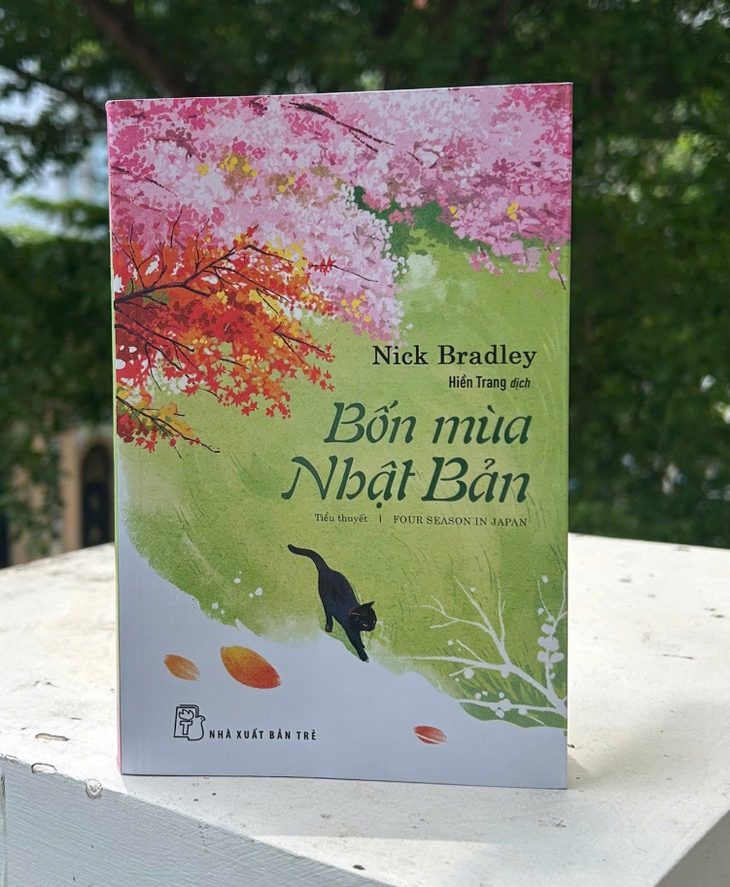
If The Cat and the City explores modern Tokyo with lonely and distant lives connected through a wandering cat, Japan's Four Seasons moves through time and space between the four endless recurring seasons on the island nation.
East meets West
The novel Four Seasons of Japan interweaves the story of a Western girl named Flo, bored with Tokyo and lost in a relationship that seems to be coming to an end.
Flo has just completed and released an English translation of a collection of science fiction stories by Japanese writer Nishi Furuni. Yet she still lacks confidence in herself and her current job.
One day, she happened to read The Sound of Water by a mysterious writer with the pen name Hibiki. She was compelled to translate this work into English, but she did not know where her translation would be published, nor did she know where Hibiki and his publisher were to contact to request copyright.
Since then, the shy girl Flo began to actively translate and search based on the information saved in the book The Sound of Water. The journey to discover the character is also the journey for her to discover the way to escape the troubled heart that she is carrying.
As the title suggests, the novel The Four Seasons of Japan is divided into four parts. Turning each page of the book, like the four seasons of spring, summer, autumn, and winter, also turns pages, like the human soul goes from hurt, confusion, and chaos to clarity, understanding, and love.
Nick Bradley uses the technique of story within story. The story in The Sound of Water revolves around the damaged family relationship between grandmother and granddaughter Ayako and Kyo. Many years in the past between Ayako and Kyo were just a gap that seemed unbridgeable.
One day, Kyo was sent to the town of Onomichi to live with his grandmother. One young, one old, they went through the ups and downs of life together.
"She would tell you everything you wanted to know about your father. About how she loved him too. And how proud she was of him. About how cruel life can be when it takes away from you the things you love so much. But it's no one's fault" (p. 386).
Rich in Japanese culture
Nick Bradley's talent lies in blending two stories of two lives together, the layers like a tide that keeps receding and then rushing back in, continuing like four seasons.
Like the characters in the story, no matter what they go through, they must accept that life continues even if the past holds them back. It is no coincidence that Hibiki chose Basho's haiku The Frog as the epigraph for The Sound of Water.
The old pond/ the frog jumps in/ the sound of water echoes far away (translated by Nhat Chieu). The frog is an image that Kyo has pursued since childhood. A soul mate he created, accompanying him through the lonely years of his youth. The frog is an incarnation of himself, thrown into the world of imagination.
While he was withdrawn, the frog character "lived" the turbulent life out there for him.
"He puts it into different scenarios, imagining the frog as his father still talking from the afterlife." Sometimes the frog becomes a detective, a firefighter, a samurai... "The frog is a hero who fights against anything the world throws at him."
Flo, Kyo and Ayako are all like little frogs facing the big world with only a stagnant pond. And people in today's bustling world, office workers rushing on the streets during rush hour, delivery people going back and forth under the sun.
All are like little frogs in the storms of life, resilient, never surrendering.
Perhaps that is the core message of Nick Bradley. From the very beginning, he chose Miyazawa Kenji's poem Unyielding to the Heavy Rain as the epigraph for The Four Seasons of Japan.
In The Sound of Water, there is another short story that the author named "Ayako vs. the Mountain". The image of little old lady Ayako standing before the majestic mountain is just another version of the image of the frog before the world. A whole life of tragedy.
Father, husband and son were all taken from this world by fate. But Ayako realized that she must live, must accept to confront the visible mountain and the mountain in her heart.
"As she tried to climb to the top, she thought about the life she had lived, the mistakes she had made, the joys, the pains, the peaks, the valleys."
And so Ayako walked, just like humans walk, "not giving in to the heavy rain", not giving in to cruel fate.
The English writer found solace in this remote Asian land. He, in turn, transformed it into a simple, familiar prose that still retained the wonder of a faraway traveler standing before a strange land.
Nick Bradley was born in Germany in 1982 and later moved to England. He was named one of the "ten rising stars" by the British Council and the National Writing Centre.
He currently teaches the MA in Creative Writing at the University of Cambridge and UEA. His work has been translated into 20 languages.
Source: https://tuoitre.vn/bon-mua-nhat-ban-chu-ech-nho-giua-cuoc-doi-20250809092449062.htm



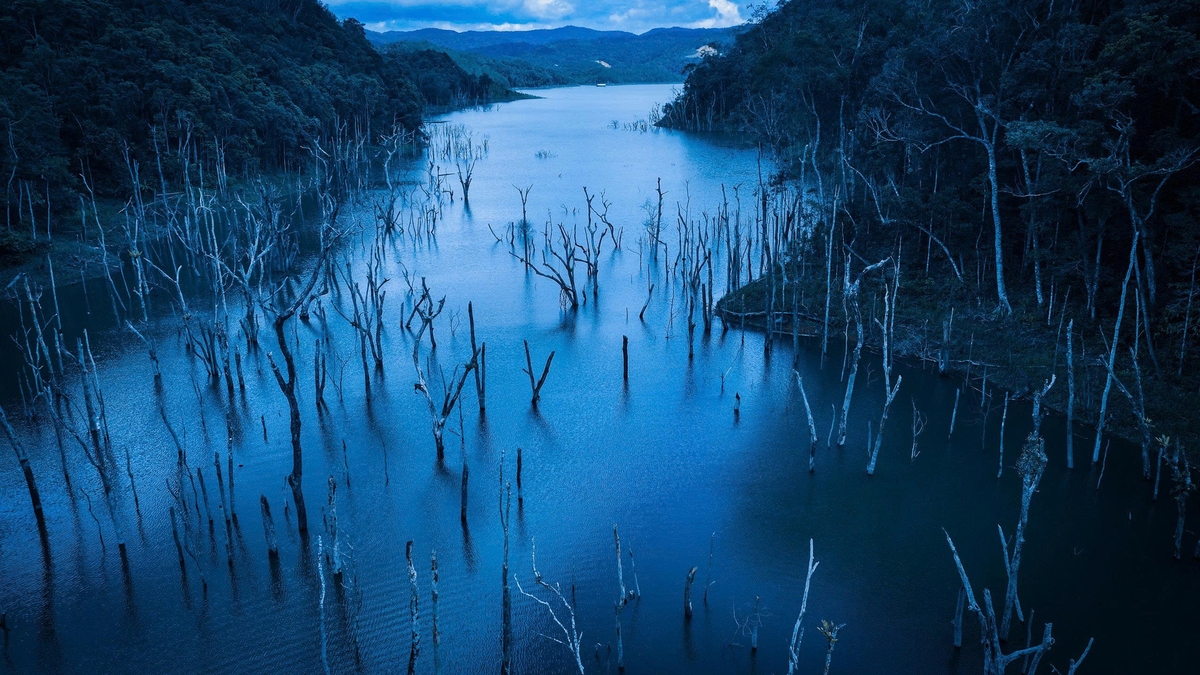




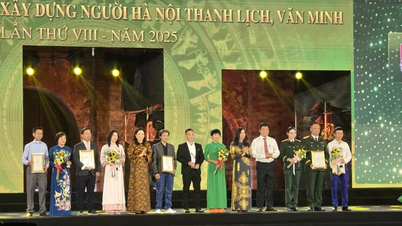

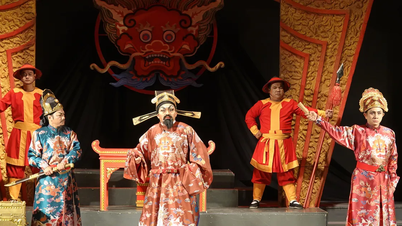

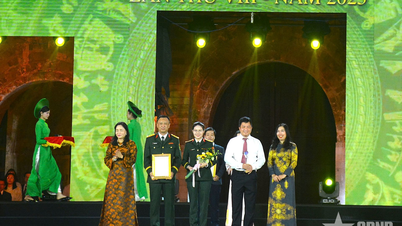











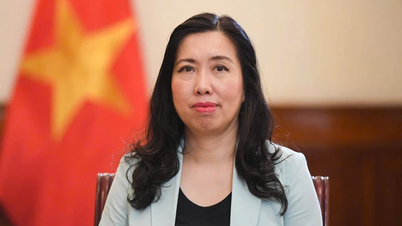





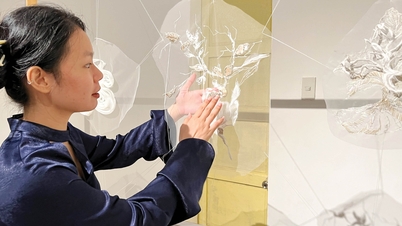













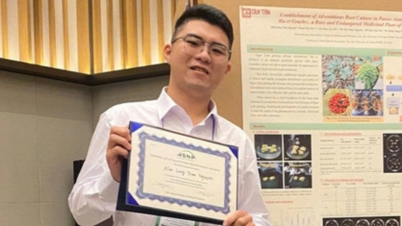



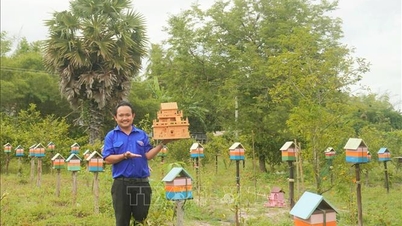



















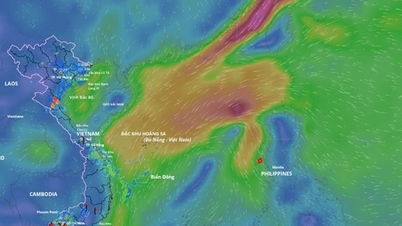















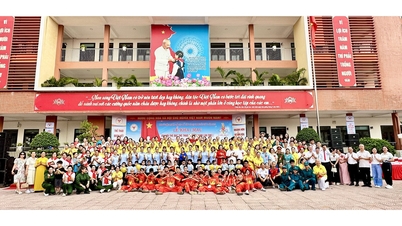

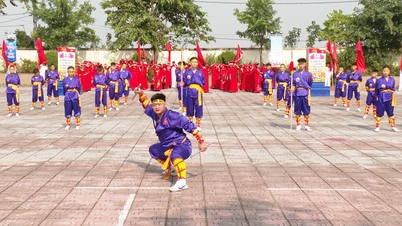












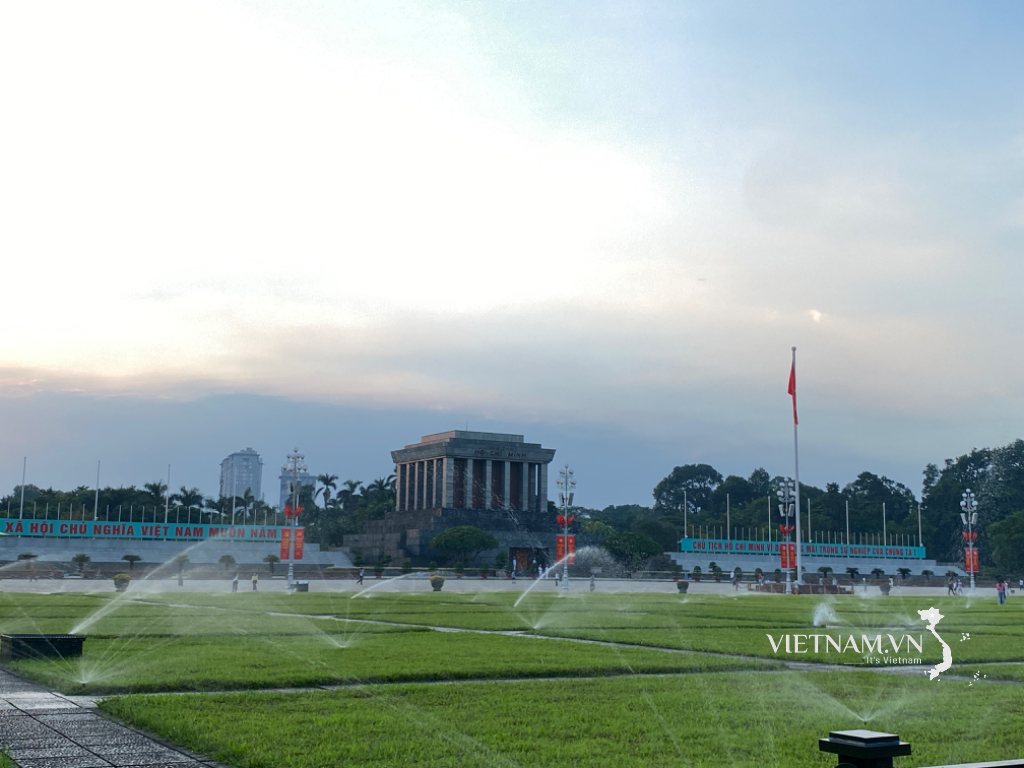

Comment (0)